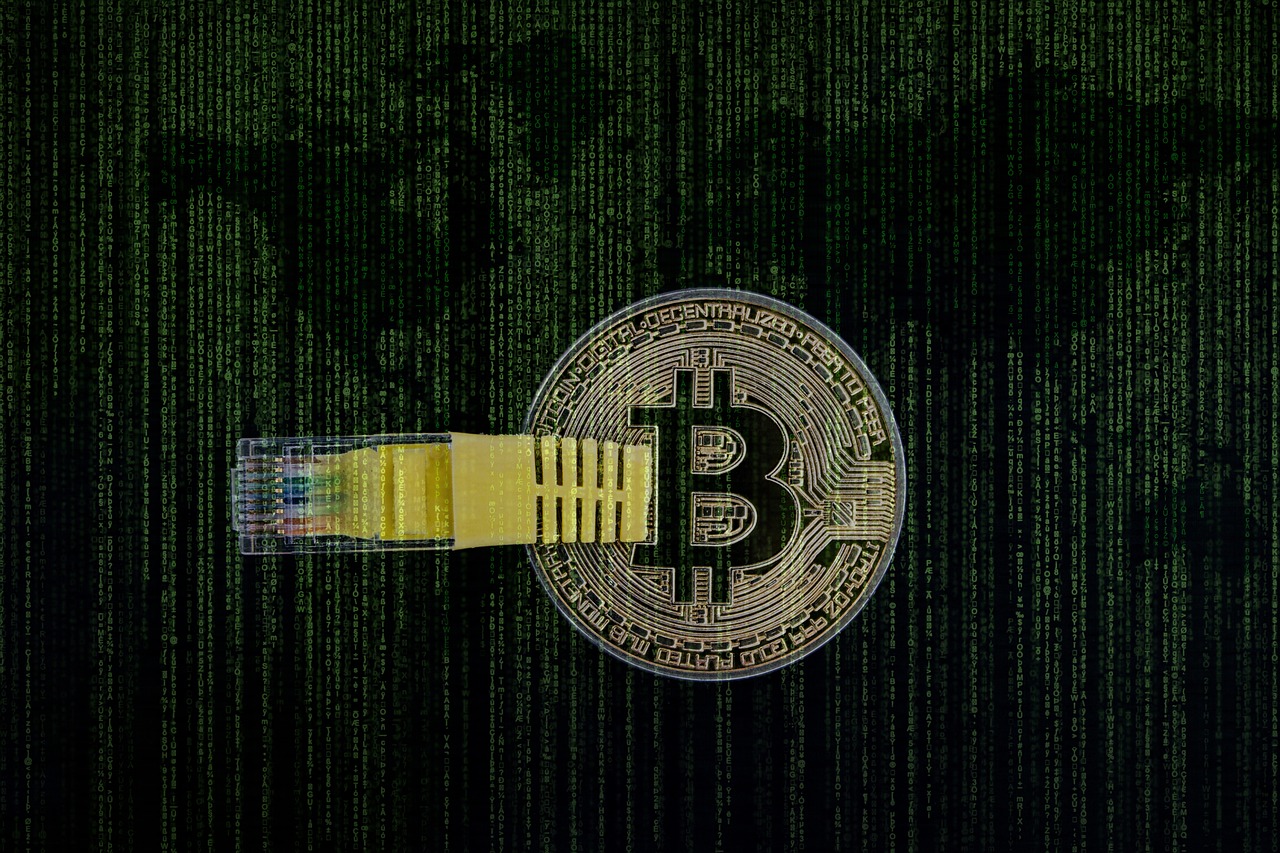As a digital currency, bitcoin offers a unique and exciting way to transact online. But with this convenience comes the need to protect your assets. In this article, we will discuss some best practices for safely and securely storing your bitcoin, with a focus on the principles of stoicism.
One of the key principles of stoicism is the idea of personal responsibility. This means that each individual is responsible for their own actions and decisions, and that we should take responsibility for the consequences of those actions. This principle is particularly relevant when it comes to storing your bitcoin. By choosing a secure wallet and taking other steps to protect your assets, you are taking personal responsibility for the safety and security of your bitcoin.
One of the most important things to consider when storing your bitcoin is the security of your wallet. A bitcoin wallet is a digital platform that allows you to manage your bitcoin transactions and assets. There are several different types of bitcoin wallets, each with its own set of features and security measures.
The most secure type of bitcoin wallet is a hardware wallet. These are physical devices that are designed specifically for storing bitcoin. They are typically small and portable, making them easy to carry with you wherever you go. Hardware wallets are considered to be the most secure because they are not connected to the internet and are therefore less vulnerable to hacking.
Another option is a software wallet, which is a digital platform that you can access on your computer or mobile device. Software wallets are generally considered to be less secure than hardware wallets, but they offer the convenience of being accessible from any device with an internet connection.
When choosing a wallet, it’s important to do your research and select a reputable provider. Look for wallets that have strong security measures in place, such as multi-factor authentication and advanced encryption. It’s also a good idea to look for wallets that offer backup and recovery options in case you lose access to your wallet. By taking the time to choose a secure wallet, you are exercising personal responsibility and aligning with the principles of stoicism.
In addition to choosing a secure wallet, there are a few other important steps you can take to protect your bitcoin. One of these is to keep your wallet software up to date. Regular updates often include security patches that protect against the latest threats. By staying up to date with your software, you are taking an active role in protecting your assets and aligning with the principles of stoicism.
Another important step is to use strong and unique passwords for your wallet and any accounts associated with it. Avoid using the same password for multiple accounts, and consider using a password manager to help you generate and manage strong, unique passwords. By using strong passwords, you are taking personal responsibility for the security of your bitcoin and aligning with the principles of stoicism.
Finally, it’s important to be cautious when dealing with untrusted parties. Be wary of scams and never share your private keys or other sensitive information with anyone. If you receive a suspicious message or offer, do your research and verify the legitimacy of the source before proceeding. By being cautious and taking personal responsibility for your actions, you are aligning with the principles of stoicism.
In conclusion, storing your bitcoin safely and securely is essential to protecting your assets. By choosing a secure wallet, keeping your software up to date, using strong passwords, and being cautious of scams, you can help ensure that your bitcoin remains safe and secure. These steps align with the principles of stoicism and allow you to take personal responsibility for the safety of your assets.Try again


Leave a Reply